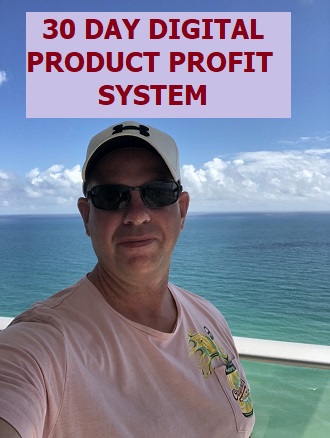Pulling information from Matt Cutts of Google is as close to pure gold in terms of understanding natural SEO as it gets.
Matt runs his own blog which is full of useful information, but as busy as he gets, he can’t post there very often.
Some of Matt’s best advice comes from interviews he gives with other big names in the search engine marketing space.
For example, in this just-released interview with Eric Enge which has been summarized clearly by Brent Payne in his blog SEOMoz, Matt sheds some light on what type of links Google feels are legitimate (ie. valuable for it’s users).
It’s no secret that buying links is something Google has frowned upon for some time – and over time has gotten better tracking down. But more important, there is really no need to buy links online – the benefit you get from developing great content and getting natural backlinks is so much higher.
For example, get a top listing on Digg (social networking site) and you will get a solid, clean, highly rated backlink from Google – and according to Matt in the interview, that is likely to continue.
If I were you, I would spend some significant time right now perusing Digg, watching which stories and posts make it to the top – taking note of patterns in the following:
1. Types of topics – is there a trend in political, lifestyle, business, entertainment…what topics are most likely to reach the top ranked?
2. Headlines – are there patterns you can pull out in terms of headlines that seem to attract top placement? Are they short, sensational, rather plain, attention grabbing…?
3. How many Diggs – Digg provides a directory that allows it’s readers to rate content – Diggs are created when someone navigates to the article or content on Digg and then proactively gives it a Digg by pushing a button. Do all of the top posts on Digg have a high number of Diggs?
4. What kinds of content are getting top billing – articles, websites, blog postings, videos, etc…
5. How is the content presented for top listed content pages – are they long articles, short opinion pieces, a simple video with a few lines of text?
6. Page layout and design – do these pages have graphics, are they professional, can you detect any patterns in the presentation of the material Digg holds in high regard?
Just like Google has a complex set of algorithms to rate content, Digg also deploys algorithms to rate the pages submitted – while you’ll never understand completely the factors in the algorithm (at least if they keep it behind closed doors), you can learn from watching the front page content on Digg over time and give yourself a much better chance to both 1) Get listed on the front page of Digg and 2) Get high value search engine backlinks leading to higher overall listings for your content.


